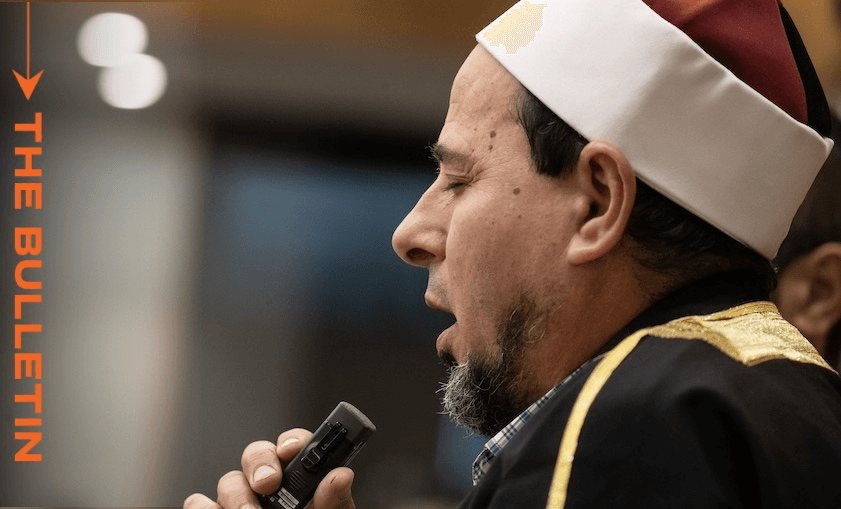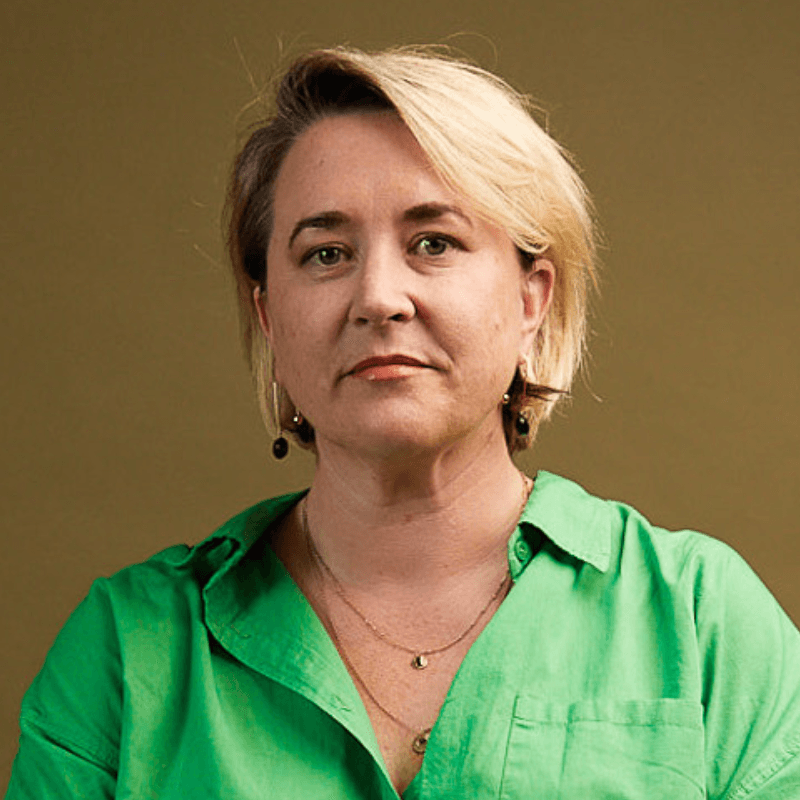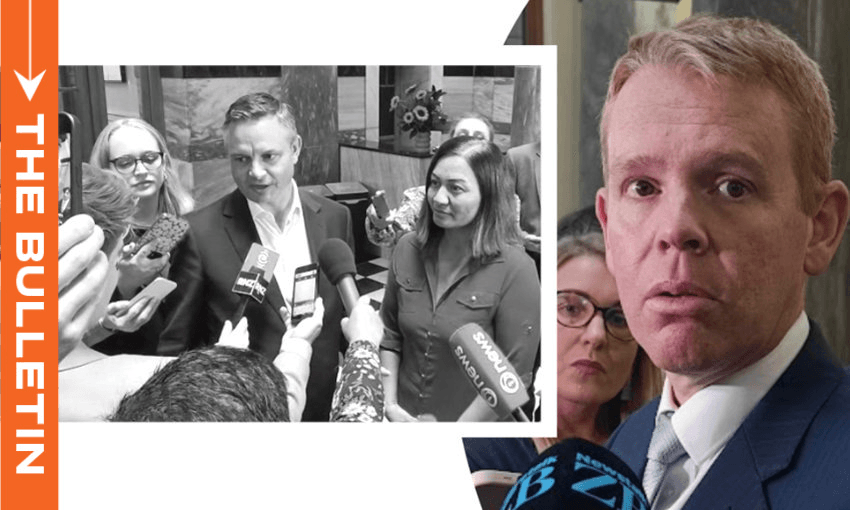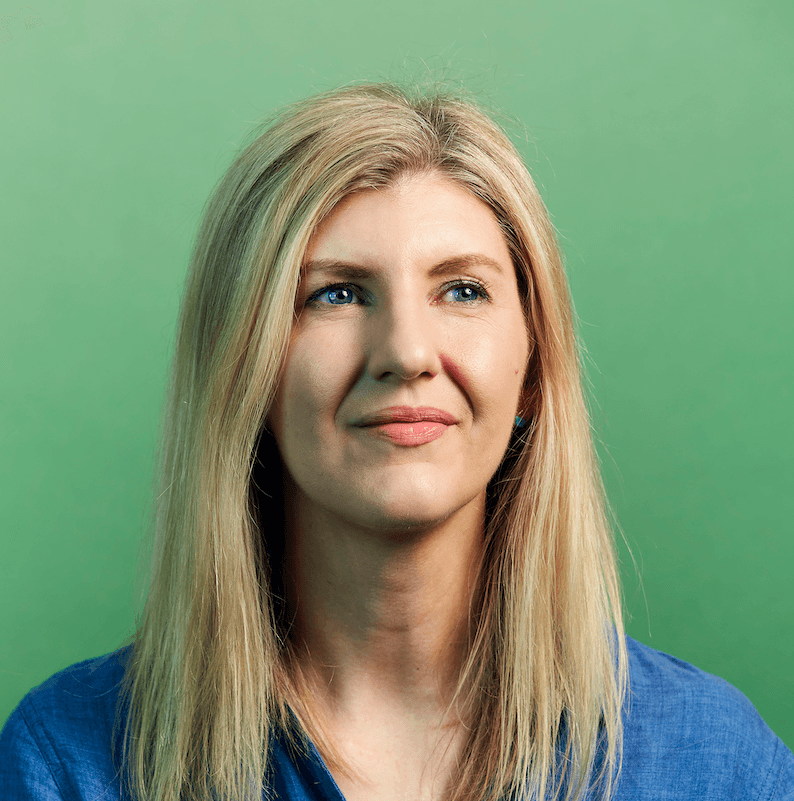As the coronial inquest into the 2019 terrorist attacks gets underway, a promised national security overhaul remains incomplete, writes Anna Rawhiti-Connell in this excerpt from The Bulletin, The Spinoff’s morning news round-up. To receive The Bulletin in full each weekday, sign up here.
‘Transition from darkness to light’
As today’s editorial in the Herald (paywalled) surmises, the world is a very different place “from the autumn afternoon in 2019 when 51 people were massacred and 40 others wounded at two Christchurch mosques.” It has been over four years since the terrorist attacks of March 2019. For members of the victim’s families, the injured, others who were at the mosques on the day and the community at large, the process of getting answers to crucial questions only began yesterday, as the largest coronial inquest in New Zealand history began. Stewart Sowman-Lund explains its significance, the long road to the inquest and what will be investigated. As deputy chief coroner Brigitte Windley said yesterday as proceedings opened, people were “often surprised to learn that there are matters related to March 15 still under inquiry” and explained that “a coronial inquiry is a dual focus on the past and on the future”. “I ask that we bring the memories of the 51 lives that were lost to this court so that we may give them a voice, so that we can transition from darkness to light, so that we may emerge with a better understanding of the facts and the truth is revealed by the evidence that we get,” she said.
Second inquest to investigate firearms licensing and role of online platforms
This is the first of two inquests and as Sowman-Lund explains, will investigate ten key issues. Yesterday afternoon segments of footage from the terrorist’s live stream were played. Footage from the day of the attacks continues to resurface on Twitter. The second inquest will consider any outstanding issues, including whether the firearms licensing process that allowed the terrorist to access his weapon can be “causally connected” to the attacks and whether social media and online platforms played a material role in his radicalisation.
Andrew Little’s one regret
In an interview with The Post, departing MP Andrew Little cites not completing the overhaul of New Zealand’s national security system as his one regret. That overhaul included the creation of a new national security agency that was promised after the terror attacks. Little was minister responsible for responding to the Royal Commission to the mosque attacks, and he says he did the “spade work”, but his bosses responsible for the national security system, Dame Jacinda Ardern and then Chris Hipkins, were justifiably tied up with issues of greater priority. The Muslim community has repeatedly expressed frustration about the delays and a lack of the promised communication and transparency.
Overhaul of national security and 52 other laws in limbo
The future of the national security system overhaul now lies in the hands of the incoming government. By convention, the prime minister holds the National Security and Intelligence portfolio. There are also 52 laws currently in a state of limbo following the election. The Labour government set a fast pace in trying to get new laws through parliament in its last months in power, but not everything has made it through. Natasha Wilson, a public law specialist at Buddle Findlay, outlines the bills in question and what may happen to them once the business of government starts up again.




